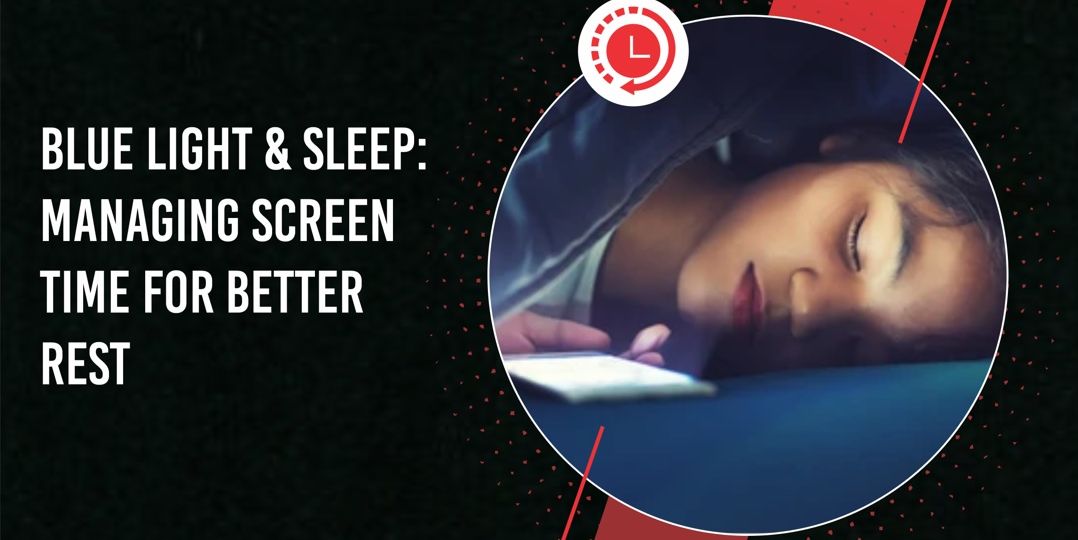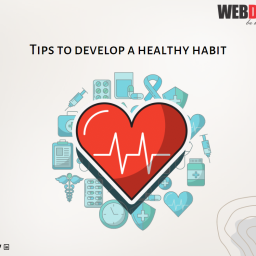Blue Light and Sleep: Managing Screen Time for Better Rest
Introduction
In the digital age, screens have become an integral part of our daily lives. Whether it’s our smartphones, tablets, computers, or television screens, we are constantly exposed to artificial light, particularly blue light, which can have a significant impact on our sleep patterns and overall well-being. This article explores the effects of blue light on sleep and offers practical tips for managing screen time to achieve better rest.
The Role of Blue Light
Blue light is a high-energy, short-wavelength light emitted by electronic devices such as smartphones, computers, and LED televisions. It is also present in sunlight and plays a crucial role in regulating our circadian rhythm, the internal body clock that controls our sleep-wake cycle.
During the day, exposure to natural blue light is beneficial. It helps us stay alert, enhances our mood, and promotes cognitive performance. However, in the evening and at night, exposure to artificial blue light can disrupt our circadian rhythm, making it difficult to fall asleep and stay asleep.
How Blue Light Affects Sleep
Blue light suppresses the production of melatonin, a hormone that regulates sleep and wakefulness. When we are exposed to blue light, especially in the hours leading up to bedtime, our bodies perceive it as daylight, signaling our brain to stay awake. As a result, we find it more challenging to wind down and fall asleep when we finally hit the sheets.
Prolonged exposure to blue light before bedtime can lead to various sleep disturbances, such as insomnia and reduced sleep quality. Over time, chronic sleep deprivation can have serious consequences for our physical and mental health, including increased risk of obesity, cardiovascular issues, and mood disorders.
Managing Screen Time for Better Sleep
- Use Blue Light Filters: Most smartphones, tablets, and computers now offer blue light filter settings that reduce the amount of blue light emitted from the screen. Enabling these filters in the evening can help minimize the impact on your sleep.
- Limit Screen Time Before Bed: Establish a screen curfew at least one hour before bedtime. Engage in relaxing activities such as reading a book, taking a warm bath, or practicing meditation instead.
- Invest in Blue Light Blocking Glasses: Special glasses with blue light-blocking lenses can be worn when using screens in the evening. They can significantly reduce blue light exposure and promote better sleep.
- Adjust Screen Brightness: Reduce the brightness of your devices in the evening to decrease the intensity of blue light. Many smartphones and computers have an auto-brightness feature that adjusts according to the time of day.
- Create a Sleep-Conducive Environment: Make your bedroom a sanctuary for sleep by keeping it dark, cool, and comfortable. Invest in blackout curtains to block external light sources.
- Establish a Regular Sleep Schedule: Try to go to bed and wake up at the same time every day, even on weekends. This helps regulate your circadian rhythm and improve sleep quality.
Conclusion
In our technology-driven world, it’s essential to be mindful of the impact of blue light on our sleep. By managing screen time and adopting healthy sleep habits, we can mitigate the negative effects of blue light and improve our overall sleep quality. Remember that good sleep is a vital component of our well-being, and making small changes in our daily routines can lead to significant improvements in our rest and overall health.

















